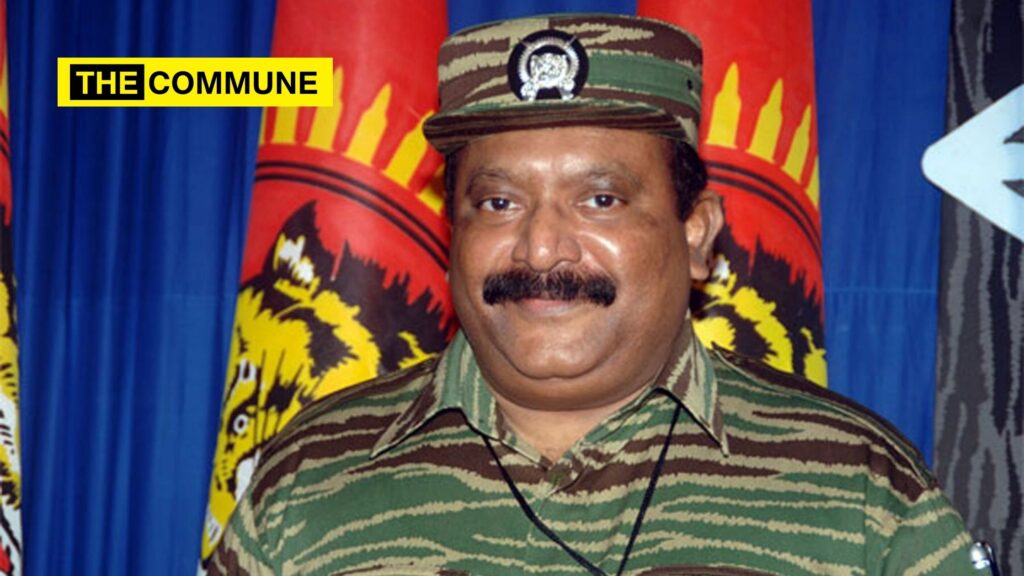On Thursday (October 22), Britain’s Proscribed Organizations Appeal Commission delisted Liberation Tigers of Tamil Eelam (LTTE) from the list of proscribed terrorist organizations.
Sri Lanka’s foreign ministry on Thursday said that government came to know of the judgement made by the British Commission on October 21.
The judgement was delivered following an appeal filed by an “LTTE front organization” in May 2019. The appeal had challenged the decision of British Secretary of State for Home Affairs dated March 8, 2019, which refused the application by the group to de-proscribe the LTTE from the list of Proscribed Organizations under the UK Terrorism Act of 2000.
Though Sri Lanka was not a party to these proceedings at the Commission and could not make direct representations, the Sri Lankan Government had assisted the British government by providing relevant information about the continued terrorist activities of LTTE.
“The Open Judgement of the POAC while allowing the Appeal, provides for further hearings, and the Government of Sri Lanka will continue to closely monitor the progress of the case in the UK,” the statement given by the Sri Lankan foreign ministry said.
Sri Lanka has said that it has sufficient evidence to prove that the remnants of the LTTE and its allied groups subscribing to its terrorist ideology are still active in several foreign countries working to incite violence and destabilize the country.
The island nation has said that it remains “vigilant” to the threats to its national security and has pledged to support the international community in its fight against extremism.
The LTTE, a militant separatist group founded by Velupillai Prabhakaran, advocated a separate Tamil country comprising of north and eastern provinces of the island. It ran a military campaign for nearly 3 decades before it was decimated in 2009 with the killing of Prabhakaran by the Sri Lankan army.
LTTE was listed as a terrorist outfit by the UK in early 2000.

